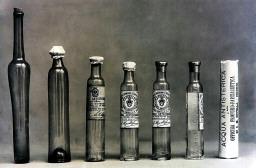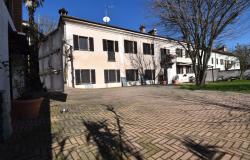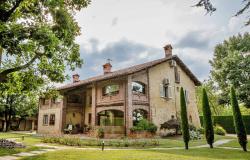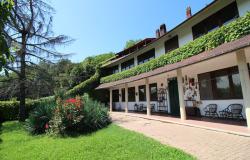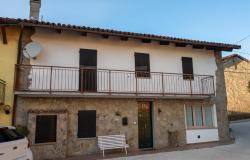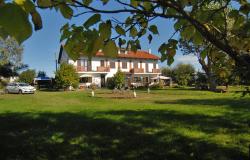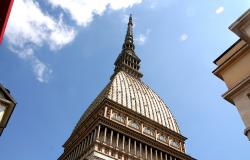An ongoing row over who invented eau de cologne seemed to have been settled Monday after a researcher discovered an 18th-century note in a Paris library confirming that the perfume was created by Paolo Feminis.
Feminis (1666-1736) emigrated to Cologne, Germany from a tiny village near Santa Maria Maggiore in Piemonte, and the town has always claimed it was he who invented the perfume - a mix of neroli oil, bergamot, lavender and rosemary.
The town says Feminis then passed his secret recipe on to a fellow villager, Giovanni Maria Farina (1685-1766), who had also emigrated to Cologne and may have been related to Feminis.
But Farina's heirs have always insisted that he was the real inventor and that the idea that Feminis discovered the perfume was based on ''legend and gossip''.
In 2007 Farina's family - now in the eighth generation of perfume makers - demanded that Santa Maria Maggiore council remove a claim on its website that Feminis, not Farina, discovered the scent, saying this was not true.
However, a member of the Farina family has now spoken from beyond the grave to nix his heirs' claims.
Researcher Silvia Ceccomori told ANSA she uncovered leaves of paper once attached to eau de cologne bottles in which Farina's grandson Giovanni (1718-1787) attests that the perfume ''was invented by Paolo Feminis, Italian and distiller of Cologne''.
Santa Maria Maggiore's Deputy Mayor, Claudio Cottini, said he was satisfied that the dispute could finally be put to rest and that he hoped Farina's German descendants would accept the new evidence.
Cottini added that a perfume museum will open in the town this year to celebrate the 300th anniversary since Giovanni Maria Farina set up his successful perfume business in Cologne.
Farina opened his perfumery a year after writing to his brother in 1708 that he had ''found a fragrance that reminds me of an Italian spring morning after the rain''.
The Farina family also founded a perfumery in Paris that was later acquired by Roger & Gallet.
